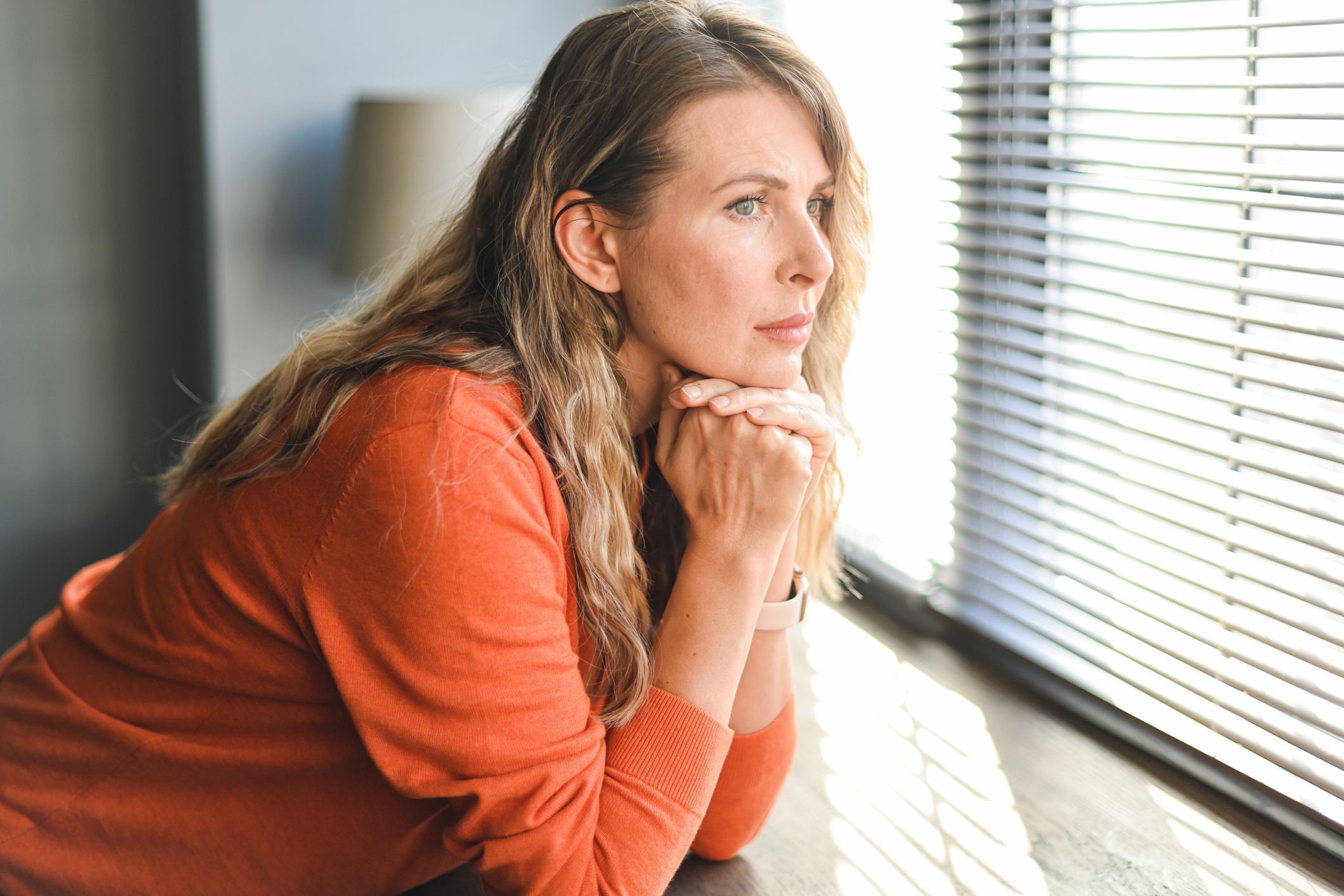Get Easy Health Digest™ in your inbox and don’t miss a thing when you subscribe today. Plus, get the free bonus report, Mother Nature’s Tips, Tricks and Remedies for Cholesterol, Blood Pressure & Blood Sugar as my way of saying welcome to the community!
Genetic cancer testing: The reason anyone should do it

Jeremy Nottingham saved his father’s life, but he was too late to save his own.
When Jeremy told his mom that he was bleeding a lot during bowel movements, they thought he had hemorrhoids.
Instead, Jeremy was diagnosed with Stage 4 colon cancer.
Jeremy’s father, Junius, immediately had a colonoscopy which revealed that he, too, had colon cancer, but it was at an early, treatable stage.
Jeremy Nottingham died of colon cancer in November 2021.
He was 28 years old.
Lynch syndrome: inherited cancer risk in multiple organs
Lynch syndrome is an inherited genetic condition that comes with up to an 80% chance of developing colorectal cancer, plus an increased risk of cancer in other organs.
It’s the “other organs” part of this definition that too often gets ignored, costing people their lives.
The Nottingham family is a perfect example of this.
Junius Nottingham’s mother and grandmother had both died of ovarian cancer. But it was only when Jeremy was diagnosed with colon cancer that doctors suggested genetic screening for the whole family.
Unfortunately, this trajectory is not unusual. Many doctors, even cancer doctors, aren’t familiar with the latest research on inherited risk. They don’t appreciate that hereditary cancer syndromes like Lynch syndrome can raise the risk of cancer in many different organs.
“We’re told we all have to get tested for something called Lynch syndrome,” Nottingham says. “I had never heard of Lynch syndrome in my life.”
Junius Nottingham tested positive for Lynch syndrome, presumably inherited from his mother.
Yet he had never made the connection between their ovarian cancer and the risk he and his son had for colon cancer… nor had his doctors made that connection for him.
“My son has Lynch syndrome, and I gave it to him,” says Nottingham. “That’s a tough pill to swallow.”
Testing is cheap and easy, but few people are doing it
These days, genetic testing for inherited cancer risk no longer costs thousands of dollars. You can get screened for about $250. And if you have medical insurance, the cost might be zero, or only a copay.
Testing is also more informative. Labs can now check for many cancer-linked genes at once, including Lynch syndrome and the BRCA1 and BRCA2 mutations that mean a 50 percent chance of breast cancer and a 30 percent chance of ovarian cancer for women by the time they’re 70, according to the CDC.
If you have any family history of cancer, you should get tested. Knowing you have a genetic predisposition for cancer will let you get more frequent screenings and quite probably save your life.
But not only that. Knowing you have a cancer gene will save the lives of your children and grandchildren. Unlike Jeremy Nottingham, they won’t be blindsided by an advanced cancer diagnosis; they can do regular screenings and catch any cancer before it becomes untreatable.
Reduce your genetic risk with lifestyle changes
The American Cancer Society reports that the number of adults under 55 being diagnosed with colorectal cancer is on the rise.
According to Dr. Xavier Llor, medical director of the Colorectal Cancer Prevention Program at the Yale Cancer Center, this can’t be explained only by genetic syndromes like Lynch syndrome.
“Genetic syndromes are … more commonly the cause for younger CRC patients than older ones, but these remain quite stable over the years and can’t explain a sudden rise in cases as we have seen in the last two decades,” he says.
“It will likely boil down to environmental, dietary factors that we have not quite identified yet to explain many of these cases.”
As with most diseases, diet is medicine … what you eat, and what you stay away from.
Let’s start with some basic dietary guidelines to lower the risk of colon cancer:
- Avoid red meat and ultra-processed foods
- Add probiotics to your diet
- Eat more fiber, especially spinach
Then there’s exercise. Research has shown over and over that a couch potato lifestyle is contributing to the growing population of young people who develop colon cancer, as noted by Dr. Lyon above.
But being active is paramount to avoiding cancer no matter your age. Exercise can not only reduce the risk of cancer (by up to a third, depending on the routine), it can stop the spread.
And finally, many studies have linked vitamin D deficiency to cancer. Getting your levels checked and adjusting your intake could go a long way to improving your odds against colon cancer.
Editor’s note: Discover how to live a cancer prevention lifestyle — using foods, vitamins, minerals and herbs — as well as little-known therapies allowed in other countries but denied to you by American mainstream medicine. Click here to discover Surviving Cancer! A Comprehensive Guide to Understanding the Causes, Treatments and Big Business Behind Medicine’s Most Frightening Diagnosis!
Sources:
Testing your genes for cancer risk is way cheaper now — and it could save your life NPR












